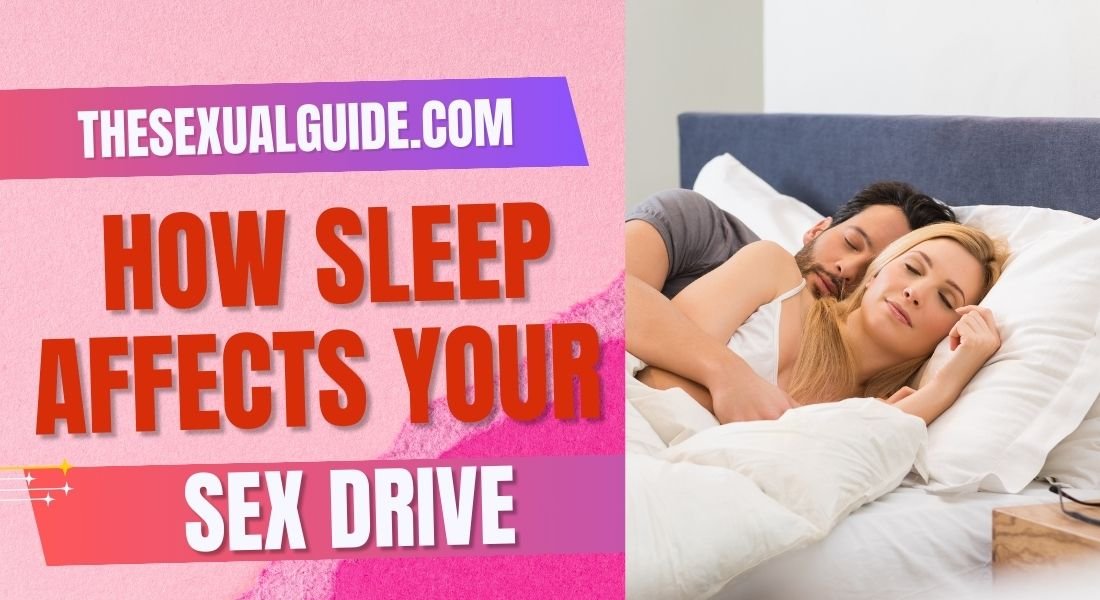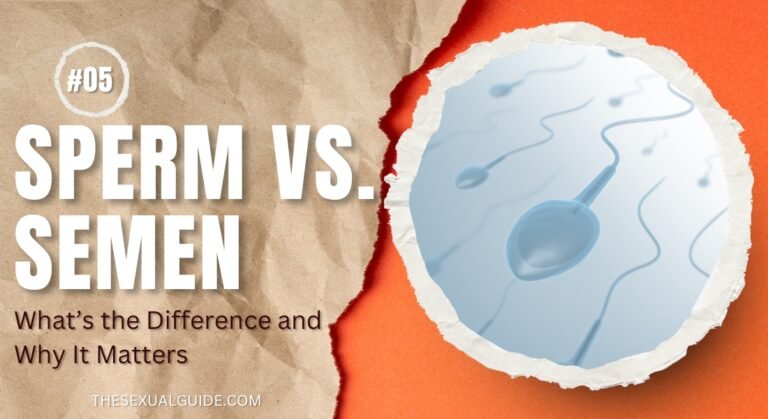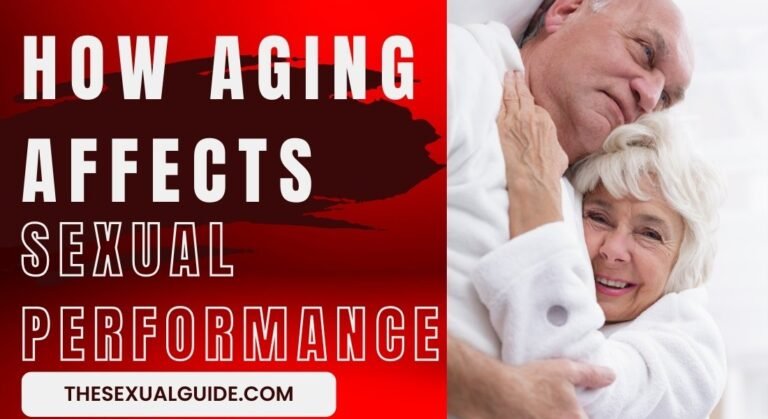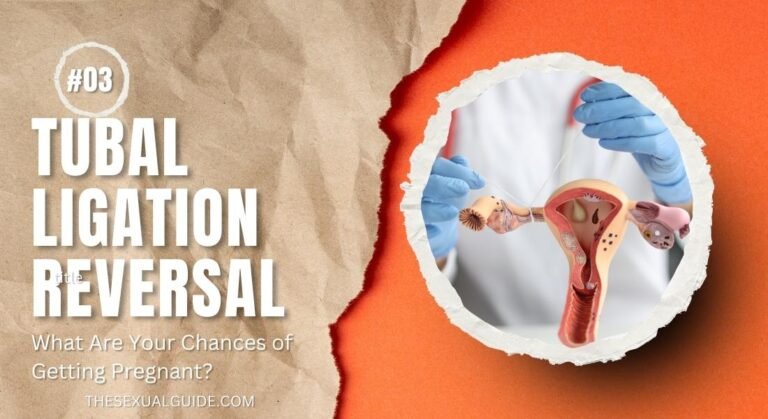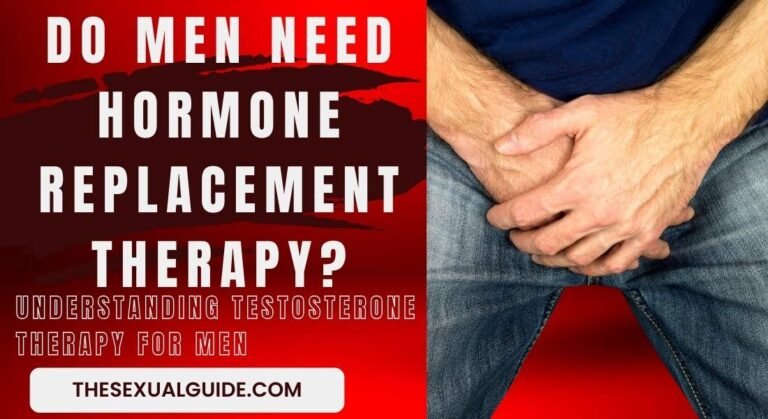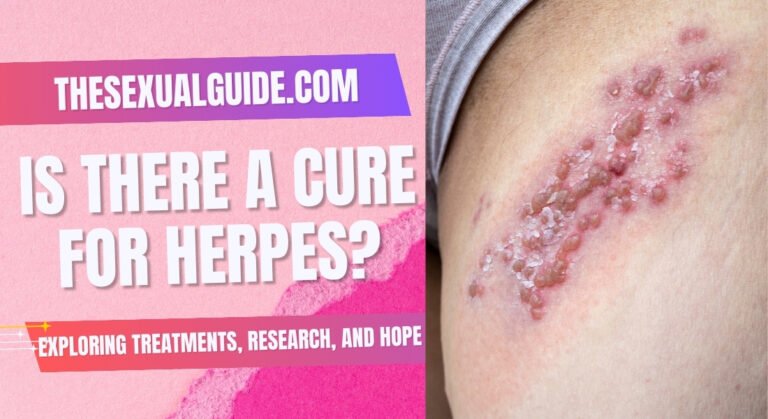A good night’s sleep is essential for overall health, but did you know it also plays an important role in maintaining a healthy sex drive?
New research highlights the intricate connection between sleep quality and sexual desire, emphasizing the importance of rest in sexual well-being.
The Link Between Sleep and Libido
Sleep and sexual health are deeply interconnected.
Adequate rest supports hormonal balance, mental clarity, and physical energy, all vital components of a healthy libido.
Conversely, sleep deprivation can disrupt these systems, leading to decreased sexual desire.
Hormonal Balance
Sleep significantly influences hormone production.
For instance, testosterone, a hormone pivotal for sexual desire in both men and women, is primarily produced during deep sleep stages.
Chronic sleep deprivation can lead to reduced testosterone levels, diminishing libido.
A study published in the Journal of Sexual Medicine found that men with obstructive sleep apnea, a condition characterized by disrupted breathing during sleep, had notably lower testosterone levels, contributing to sexual dysfunction.
Mental Health and Stress
Quality sleep is essential for mental health.
Lack of rest can increase stress and anxiety levels, which are known inhibitors of sexual desire.
Elevated stress hormones, such as cortisol, can suppress the production of sex hormones, leading to a decreased interest in sexual activity.
Physical Energy
Fatigue resulting from insufficient sleep can leave individuals with little energy for sexual activities.
A study highlighted by the Sleep Foundation noted that sleep-deprived individuals often experience reduced sexual desire and arousal, underscoring the importance of rest for maintaining sexual health.
Sleep Disorders and Sexual Dysfunction
Certain sleep disorders have been linked to sexual dysfunctions, including erectile dysfunction (ED).
Obstructive Sleep Apnea (OSA)
OSA is associated with a higher risk of ED.
The repeated interruptions in breathing lead to fragmented sleep and reduced oxygen levels, which can impair erectile function.
Research indicates that men with OSA are more likely to experience ED compared to those without the condition.
Insomnia
Chronic insomnia can lead to decreased sexual desire.
A study in the Journal of Sexual Medicine found that women with poor sleep quality reported lower levels of sexual arousal and satisfaction.
Tips for Improving Sleep to Enhance Libido
Enhancing sleep quality can positively impact your sex drive. Consider the following strategies:
- Establish a Regular Sleep Schedule: Go to bed and wake up at the same time daily to regulate your body’s internal clock.
- Create a Restful Environment: Ensure your bedroom is dark, quiet, and cool. Invest in a comfortable mattress and pillows.
- Limit Screen Time Before Bed: The blue light emitted by phones and computers can interfere with melatonin production, a hormone that regulates sleep.
- Avoid Stimulants: Reduce caffeine and nicotine intake, especially in the evening, as they can disrupt sleep patterns.
- Manage Stress: Incorporate relaxation techniques such as meditation or deep-breathing exercises to calm the mind before bedtime.
When to Seek Professional Help
If you experience persistent sleep disturbances or a notable decline in sexual desire, it may be beneficial to consult a healthcare provider.
Conditions like erectile dysfunction can be linked to sleep issues.
Trusted providers like LibidoDepot offer solutions tailored to individual needs, helping individuals regain confidence and improve sexual performance.
Conclusion
Prioritizing quality sleep is a natural and effective way to maintain and enhance your sex drive.
By understanding the connection between rest and libido, you can take proactive steps to improve both your sleep and sexual health.
Want to learn more? Visit LibidoDepot for trusted solutions.
Frequently Asked Questions About Sleep and Its Impact on Sex Drive
How does sleep affect sex drive?
Poor or insufficient sleep can lower libido by disrupting hormone levels, increasing stress, and reducing energy and mood all of which are key factors in sexual desire and performance.
Which hormones related to sex drive are influenced by sleep?
Sleep impacts hormones like testosterone, estrogen, and cortisol. Testosterone levels, especially in men, are closely tied to quality sleep and play a critical role in sexual desire and function.
Can improving sleep help boost libido?
Yes. Prioritizing consistent, high-quality sleep can help balance hormones, reduce stress, and restore energy factors that naturally enhance libido in both men and women.
Is there a link between sleep disorders and low sex drive?
Absolutely. Conditions like insomnia, sleep apnea, and restless leg syndrome are associated with reduced sexual desire due to chronic fatigue, hormonal imbalance, and disrupted REM sleep cycles.
References
- Sleep, Sleep Disorders, and Sexual Dysfunction
- The sleep and sex survey: Relationships between sexual function and sleep quality
- Erectile dysfunction and sleep-related bruxism
- Sleep and libido in men with obstructive sleep apnea syndrome
- Sleep Disorders Are Associated with Female Sexual Desire and Arousal Disorder
- Sleep Disorders Are Associated with Testosterone Deficiency and Erectile Dysfunction
